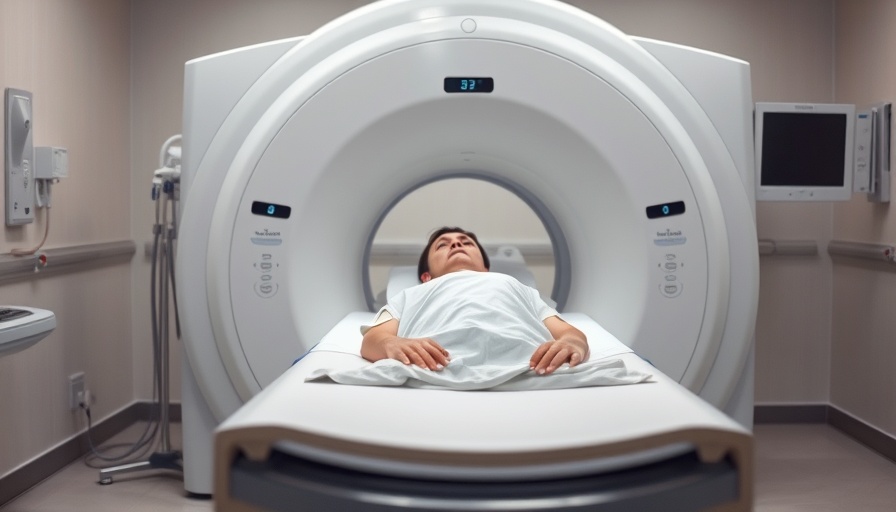
Are MRIs With Contrast Safe? A New Study Raises Important Questions
In recent years, medical advancements like MRI scans have revolutionized how doctors diagnose and treat conditions. However, new research published in the Magnetic Resonance Imaging journal has sparked discussions among experts about the safety of contrast agents, especially regarding a chemical called gadolinium.
The Worrisome Discovery of Nanoparticles
This study indicates that using gadolinium-based contrast agents in MRIs could trigger the formation of tiny nanoparticles, which may embed in human tissue. Researchers found evidence that oxalic acid—a naturally occurring compound in many foods—could cause gadolinium to leach out during scans, leading to potential health concerns.
Experts stress that although this research is in its early stages and was conducted primarily in test tubes, it’s crucial for the public to be aware of these findings. Dr. Richard Reitherman, a radiologist, emphasized that while gadolinium is generally considered safe and is typically excreted through urine, there are documented cases of residual gadolinium in organs such as kidneys and even the brain over time.
A Call for Cautious Optimism
While these findings might raise eyebrows, it’s also important to remember the context—MRI scans with contrast have been widely used for detecting serious health conditions like tumors, especially in the brain and abdomen. With proper medical consultation and risk assessment, these scans remain a crucial tool for preventative care.
Experts agree that it’s imperative for patients to have open conversations with their healthcare providers about the necessity of contrast and its benefits vs. potential risks. Mental health awareness surrounding health procedures can empower individuals to make informed decisions about their care.
Looking Ahead: Benefits of Preventative Health Care
Understanding the implications of medical procedures like MRI scans is a part of a larger movement towards proactive healthcare and preventative medicine. Knowledge about risks and benefits enhances patient-provider relationships and encourages individuals to engage more actively in their health journey.
As scientific understanding evolves, patients must stay informed and advocate for their health needs. This ensures that public health initiatives continue to evolve, enabling early detection and chronic disease prevention, and ultimately fostering a holistic wellness approach.
Taking Charge of Your Health
Engaging with your healthcare provider about the implications of MRI scans and contrast agents is critical. Staying informed not only helps you as an individual but also contributes to larger discussions about health practices. Don’t hesitate to ask questions during your next medical visit!
 Add Row
Add Row  Add
Add 




Write A Comment